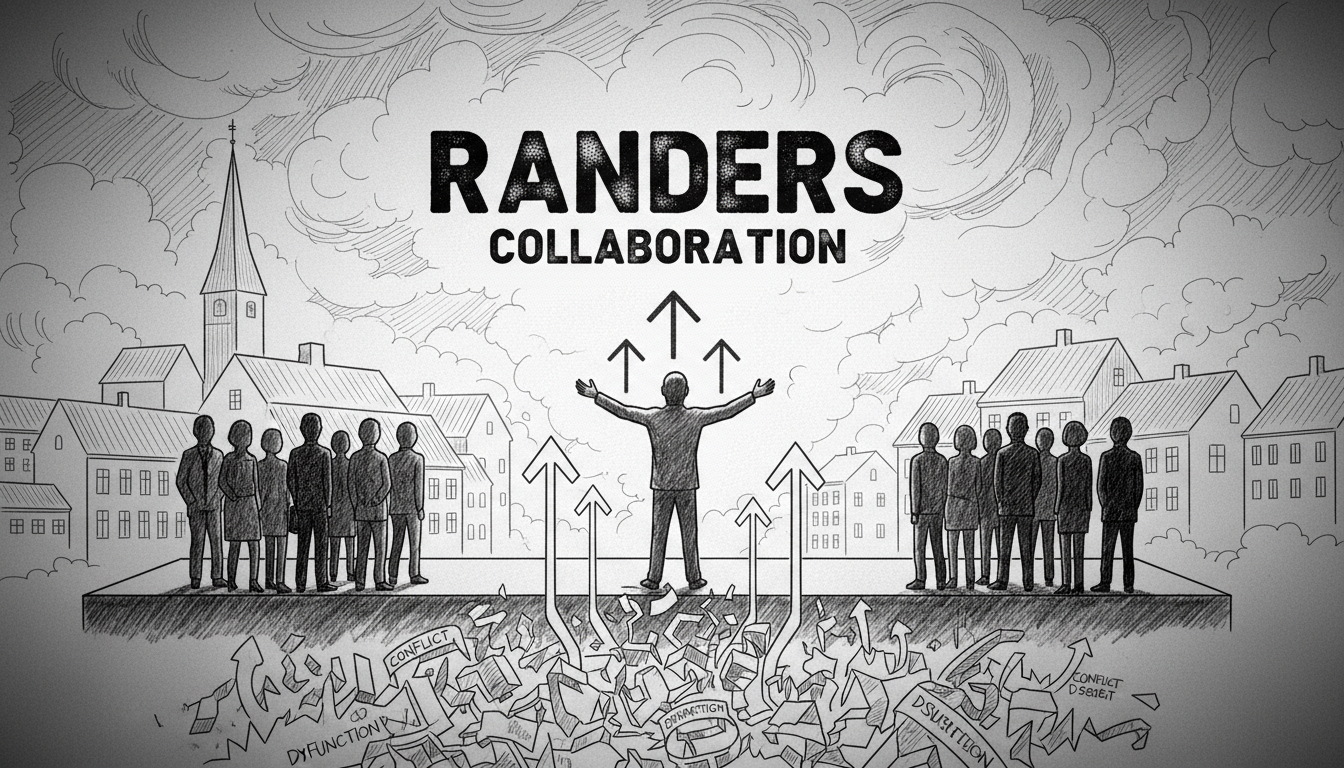The small Danish city of Randers faces a political reckoning as election night approaches. Multiple parties have united around one crucial demand for their next mayor. They want a unifying figure who can heal the deeply divided municipal council known for its toxic atmosphere.
Socialist People's Party candidate Rosa Lykke Yde stated their position clearly. She said collaborative council work is their top priority. Without better cooperation, they cannot achieve better policies or build Randers' future. The same firm message comes from Liberal Alliance. Their lead candidate Lars Axel Nielsen said they will not support any mayor candidate who cannot unite the council.
This demand for improved collaboration has become so central that several parties want it written into the formal coalition agreement. Nielsen expressed embarrassment that such basic requirements need documentation. He said proper conduct should come naturally to elected officials.
The Randers council has gained national notoriety for its dysfunctional dynamics. Middle fingers and police reports have flown across the chamber. Parties have repeatedly complained about harsh tones and exclusion from political work. A local government researcher confirmed Randers has become famous nationwide for its poor cooperation and crude tone among politicians.
Surprisingly, the collaboration issue has dominated the election campaign. Yde reported that nine out of ten residents want to discuss improving council cooperation rather than traditional policy topics like schools or elderly care.
The push for better collaboration comes as Randers faces serious financial challenges. A recent report highlighted the municipality's high proportion of residents on social benefits. Conservative People's Party candidate Niels-Jørgen Thomsen emphasized the need for stable leadership that can listen to all ideas. He said Randers needs every good idea available to escape its current difficulties.
At least six mayoral candidates are in contention. The Denmark Democrats specifically ruled out supporting the current Social Democratic mayor Torben Hansen. Their lead candidate Henrik Hove said Hansen had his chance to improve collaboration but failed. The party wants a conservative mayor backed by a conservative majority but remains open to other configurations if necessary.
Mayor Hansen defended his record against the criticism. He acknowledged the election context of these statements but agreed collaboration needs improvement. He expressed willingness to include cooperation requirements in any coalition agreement. When questioned why collaboration hadn't improved during his two terms, Hansen pointed to progress compared to ten years ago. He cited political working groups, theme meetings, and relatively broad budgets as evidence of improvement.
Most parties agree the negotiations will likely be long and difficult. The fundamental question remains who can actually deliver the collaborative leadership Randers desperately needs. This local political struggle reflects broader challenges in Danish municipal governance where personal conflicts sometimes overshadow policy work. The outcome will determine whether Randers can move beyond its reputation for political infighting and address the substantive issues facing its community.
The situation in Randers illustrates how local politics often revolves around personal dynamics as much as policy differences. Voters appear to have lost patience with constant conflict and want their elected officials to focus on practical governance. The election results will show whether this demand for collaboration translates into actual political change or remains campaign rhetoric.

